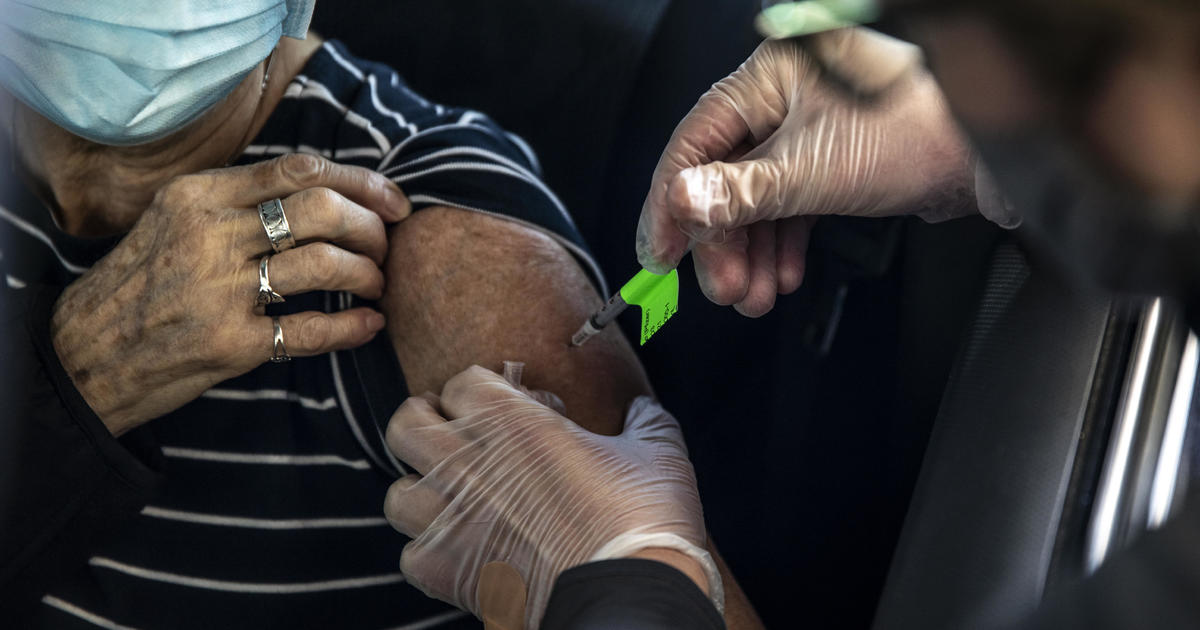
The Biden administration has awarded millions of dollars to counter fears and misinformation in communities of color that have indicated they are concerned about the safety of the COVID-19 vaccine. Over the past three weeks, the Centers for Disease Control and Prevention has awarded more than $ 17 million to various organizations planning vaccine education, according to the Department of Health and Human Services funding database.
Fifteen organizations advocating for black, Hispanic, Asian, and Native Americans have received funding to increase their educational outreach about the COVID-19 vaccine. UnidosUS and the National Urban League received the largest grants, of $ 3.2 million and $ 2 million, respectively.
People of color are more likely to get COVID-19 than white people and black, Hispanic, and Native Americans are two to three times more likely to require hospitalization, according to CDC data.
Even with these rates, white Americans are getting vaccinated at a much higher rate than other racial minorities. As of Feb. 22, more than 19 million people were completely vaccinated, 65 percent of whom are white, according to CDC data. About half of the states keep records with demographic information.
The Biden administration has not commented on CDC funding for outreach efforts, but an HHS official confirmed the coordinated release.
Prior to the development of COVID-19 vaccines, vaccine vaccination was most important among black Americans. A survey by the Pew Research Center last fall found that only 42% planned to get vaccinated, compared to 63% of Hispanics and 61% of white adults. The survey noted that English-speaking Asian Americans were the most likely to get vaccinated, and 83% said they would.
Health mistrust remains in communities of color, stemming in part from the federal government’s past medical abuse. Two of the most serious abuses have occurred in the last 50 years: the study of Tuskegee syphilis, which targeted black men for more than 40 years; and the sterilization of thousands of Native American women without their consent by the Indian Health Service in the 1970s.
The National Black Churches Conference nonprofit group received $ 1.56 million to encourage its parishioners to get vaccinated.
“Black churches have more contact with black people even during the pandemic than any other organization in the country,” said Dr. Jacqui Burton, president of the conference. “Even though we are not in our buildings, we continue to worship and provide services.”
The conference hopes the money will also help its efforts to provide vaccines to its churches.
In the coming weeks, this will be a “health ministry … that touches people’s lives and puts vaccines in their arms,” said AME Bishop Adam J. Richardson.
Other organizations focus on bridging a language gap to obtain reliable information.
The Asian American and Pacific Islands Health Forum will have to use its $ 1.8 million prize to address the “digital divide” of Asian American communities and provide additional simplified language vaccination instructions less spoken but critical, such as Samoan, Marshallese and Chuukese, said CEO Juliet K. Choi.
Choi also said online messages about vaccines would be featured on popular communication platforms like WeChat, WhatsApp and KaKao.
Overcoming a language barrier is also a priority for the American Indian Medical Association, a group that received a $ 950,000 grant. Because tribal nations are sovereign, they can choose who to vaccinate. In some places like the Cherokee Nation, vaccination is prioritized for their language guardians.
“One of the critical ways to sustain ourselves is to maintain our language and our traditions,” the association’s president, Dr. Mary Owen, told CBS News. “They know this is intimately involved in maintaining our state of health.”
If they are vaccinated for this action, people may be able to bring another recent CDC purchase from the Coalition for Action on Immunization: $ 1 million of buttons and stickers that promote the message “I have my COVID- 19 “.
Max Bayer and Alex Tin contributed to this report.